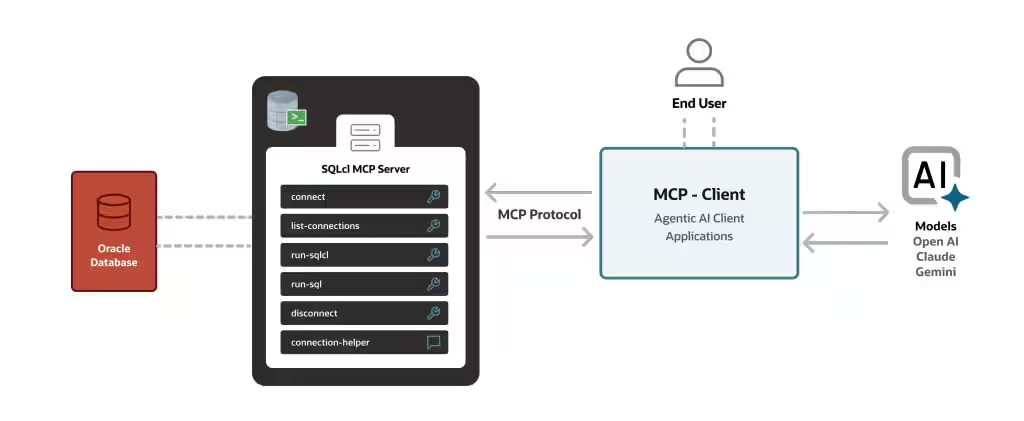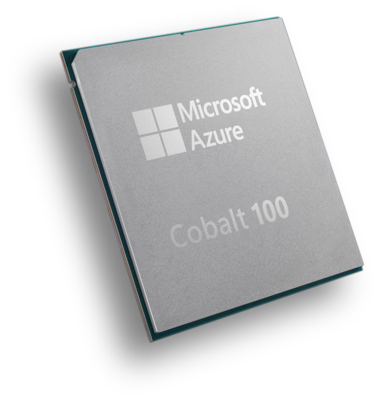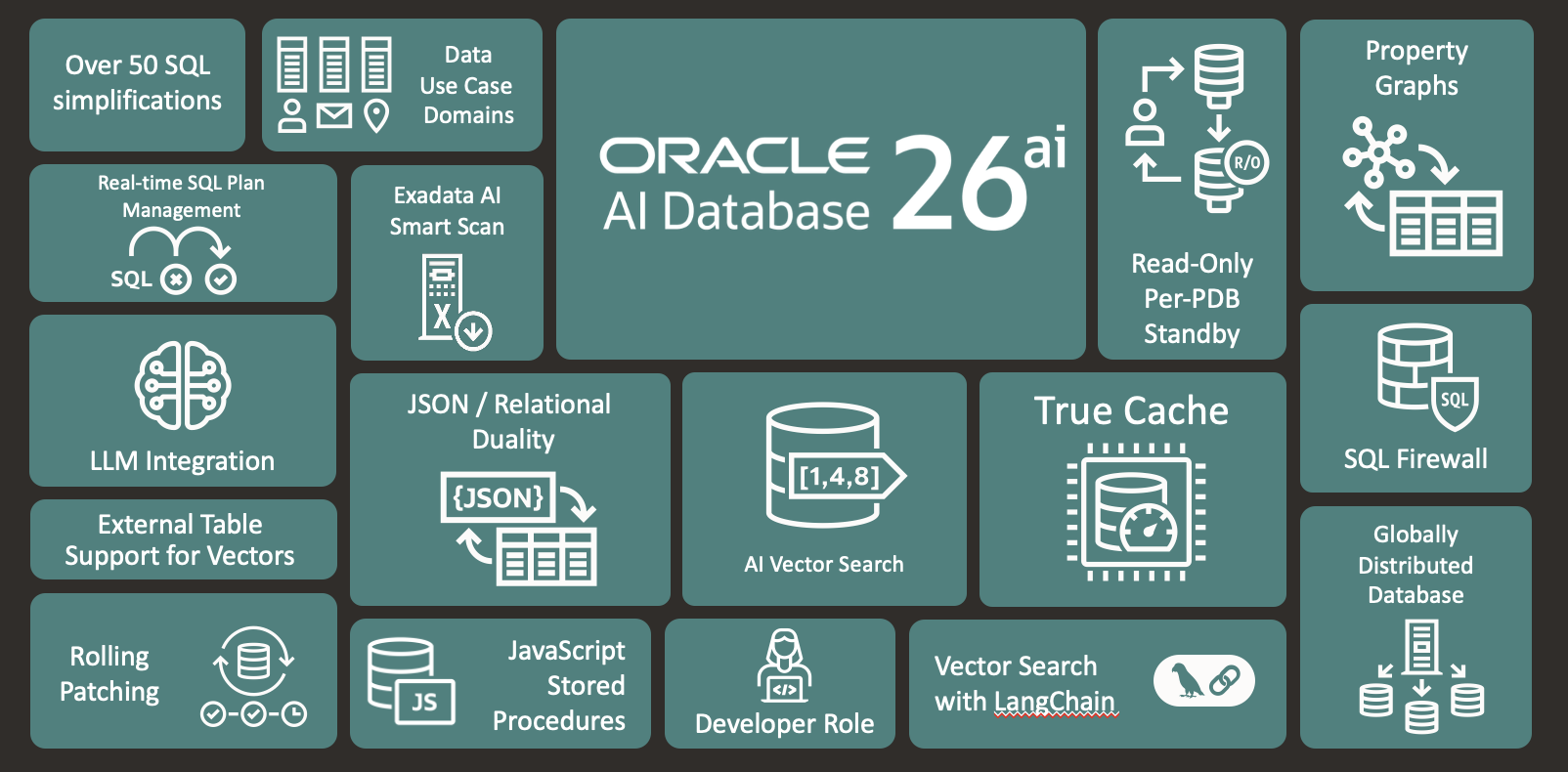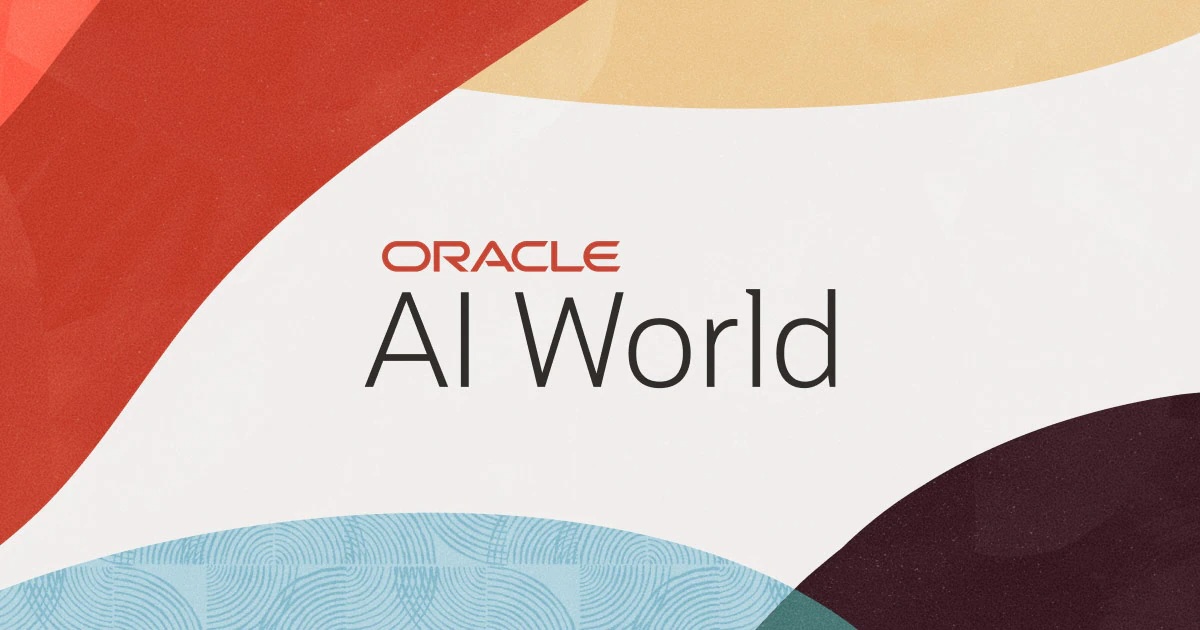Oracle this week introduced its new MCP Server for Oracle Database, leveraging Anthropic’s Model Context Protocol to enable direct interaction with its AI assistant on the database platform. The new capability transforms AI-database workflows (from code generation to execution), allowing large language models to connect, query, and analyze Oracle databases while maintaining existing security frameworks.
With MCP Server for Oracle Database, Oracle becomes the first major database vendor to implement MCP, continuing its aggressive approach to quickly bringing MCP capabilities to its database customers.
The solution integrates through Oracle SQLcl and supports both read and write operations within user permission boundaries. It’s available now.
What Oracle Announced
MCP Server for Oracle Database is Oracle’s implementation of MCP, enabling AI assistants to connect directly to and interact with Oracle databases.
Here’s what it does:
- Direct AI-Database Integration: Instead of AI assistants just generating SQL code for you to copy and paste, they can now execute queries directly on Oracle databases and analyze the results themselves. This creates true “agentic workflows” where AI can implement its recommendations.
- Natural Language Interface: Users can ask questions in plain English, such as “Connect to my database and tell me what kind of data I have,” and the AI will automatically generate and execute the appropriate SQL queries to provide the answer.
The system operates through Oracle SQLcl, Oracle’s modern command-line interface, already included with tools like the SQL Developer VS Code extension.
When configured as an MCP server, SQLcl provides AI assistants with tools to:
- List available database connections
- Execute SQL queries and PL/SQL scripts
- Explore database schemas and data structures
- Analyze query results and provide summaries
Oracle maintains strict security by:
- Using existing credential management on the user’s machine
- Operating within the authenticated user’s permission boundaries
- Logging all AI interactions in a dedicated DBTOOLS$MCP_LOG table
- Identifying AI sessions clearly in database monitoring views
- Recommending the use of read-only replicas rather than production databases
Impact on Oracle Database Uers & Developers
Database administrators and developers gain natural language query capabilities without requiring SQL expertise. The system enables agentic workflows where AI assistants execute recommendations directly rather than requiring manual code implementation. This results in a reduced time-to-insight for database exploration and schema analysis.
Immediate Benefits for Oracle Customers
- Existing SQLcl users can enable AI database interaction with minimal infrastructure changes.
- Natural language database exploration reduces barriers for non-SQL experts
- Automated schema discovery and documentation capabilities address common pain points
- Maintains existing security frameworks and user permission structures
Operational Transformation
The shift from AI code generation to direct execution creates new possibilities for database management workflows. Customers can now deploy AI agents for routine database tasks, potentially reducing manual workload for database administrators and developers.
Organizations require Oracle SQLcl deployment and MCP-compatible AI platforms. Existing Oracle Database users with established SQLcl configurations face minimal additional infrastructure requirements, though security auditing and dedicated test environments represent ongoing operational overhead.
Analysis
Oracle’s MCP Server for Database is part of Oracle’s strategy to aggressively drive AI capabilities into its database products. It’s an approach that allows customers to leverage existing infrastructure while addressing enterprise security concerns and accelerating adoption.
The implementation offers genuine operational benefits for database exploration and analysis workflows, though organizations must balance these advantages against security requirements and integration complexity.
The announcement also aligns with Oracle’s broader cloud and AI strategy, positioning its database platform as inherently AI-ready rather than requiring custom integrations. This, along with existing AI-enabled features in Oracle Database, enables Oracle to maintain its leadership in modern environments where AI-assisted workflows are becoming the standard practice.
The Bottom Line: Oracle’s MCP integration enhances its competitive position in AI-enabled database management, providing genuine operational benefits for customers who are willing to adapt their workflows and security practices.
Competitive Outlook & Advice to IT Buyers
These sections are only available to NAND Research clients. Please reach out to [email protected] to learn more.





